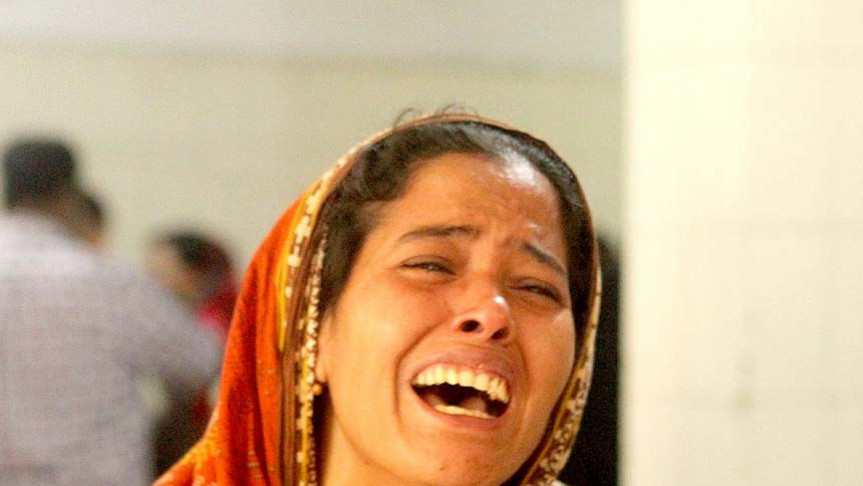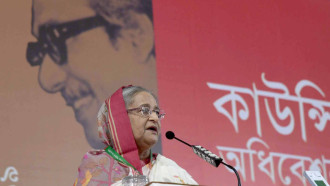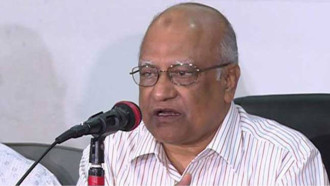Current political unrest death toll tops 100

The death toll from weeks of political violence in Bangladesh passed 100 on Monday, when police found four bullet-riddled bodies in the capital Dhaka.
Police said the four men were lynched after they were found carrying petrol bombs, frequently used in opposition protests.
Their deaths brought the number of people killed during the latest period of unrest to 102.
Scores of activists have been shot dead since Bangladesh Nationalist Party chairperson Khaleda Zia called a non-stop transport blockade across the country in early January to try to force new elections, plunging the country into chaos.
Hundreds of vehicles have been firebombed in attacks which the government blames on opposition activists.
The BNP-led 20-Party Alliance denies this, instead blaming ruling party activists and government agents.
Police said one of the bodies discovered Monday was that of Abdul Wadud, a BNP union official.
The other three had not been identified, said Masud Parvez, police inspector for the Mirpur district of Dhaka.
"Their bodies bore signs of beatings and were riddled with bullet marks," he told AFP.
Most of the dead have been victims of firebombings of vehicles by anti-government protesters trying to enforce the blockade.
But security forces have also been accused of shooting dead dozens of anti-government activists to try to suppress the protests.
Police said most died in shootouts with security forces or were lynched or crushed under lorries as they tried to attack buses and other vehicles.
Authorities have deployed thousands of troops and police to guard vehicles and more than 10,000 protesters have been arrested.
BNP leader and two-time prime minister Khaleda Zia called the protests to try to topple the ruling govt.
Khaleda Zia leads a 20-party opposition alliance which boycotted a general election last year on the grounds it would be rigged.
She has been confined to her office since threatening early last month to lead a mass rally against the government.
The United Nations and the European Union, Dhaka's biggest trade partner, have urged the government and the opposition to hold talks to end the crisis.
But the standoff appears set to continue, with Hasina refusing to talk to her bitter rival.

 AFP
AFP




